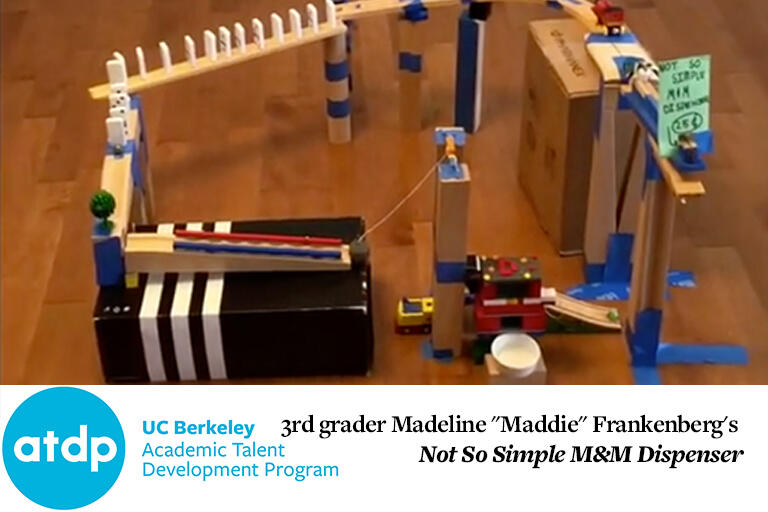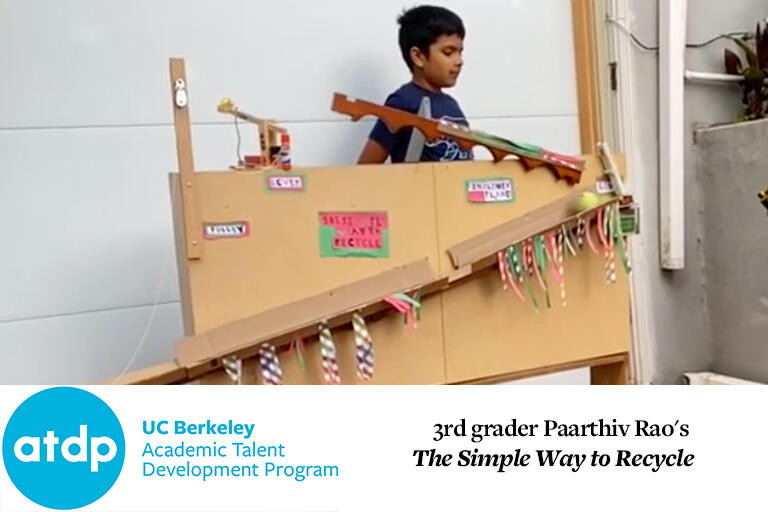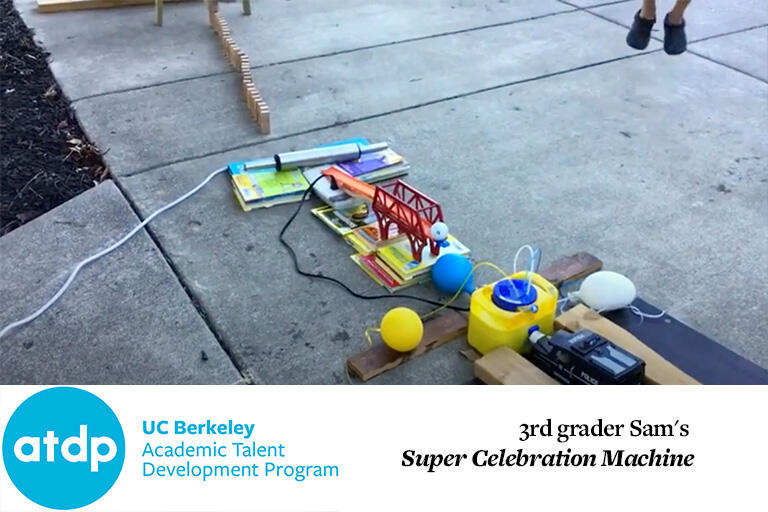As educators, we often talk with our students about resiliency, encourage them to think creatively, and remind them that making mistakes is a healthy part of the learning process. This summer, it was our turn to model what we teach.
Turning our in-person summer program into a 100% virtual experience with just eight weeks to pivot required us to dig deeply into our own resiliency, creativity, and give ourselves permission to make mistakes. It was an immense task that ultimately proved to be a powerful learning experience for the students, instructors, and everyone at the GSE's Academic Talent Development Program (ATDP).






